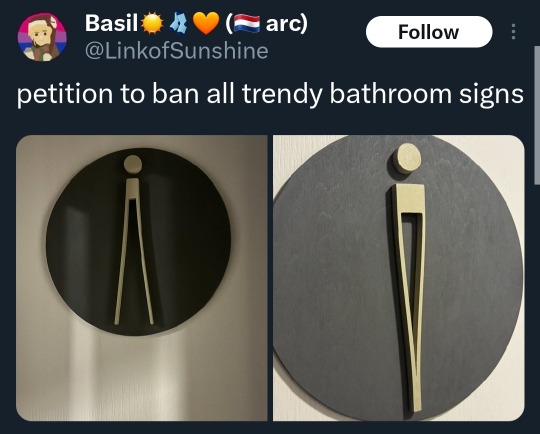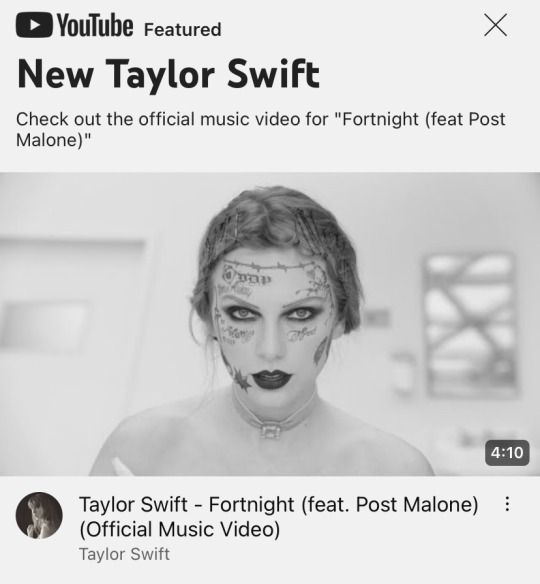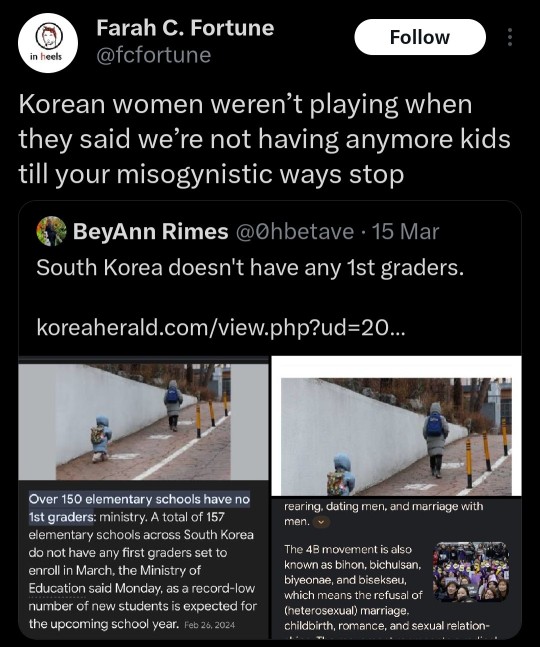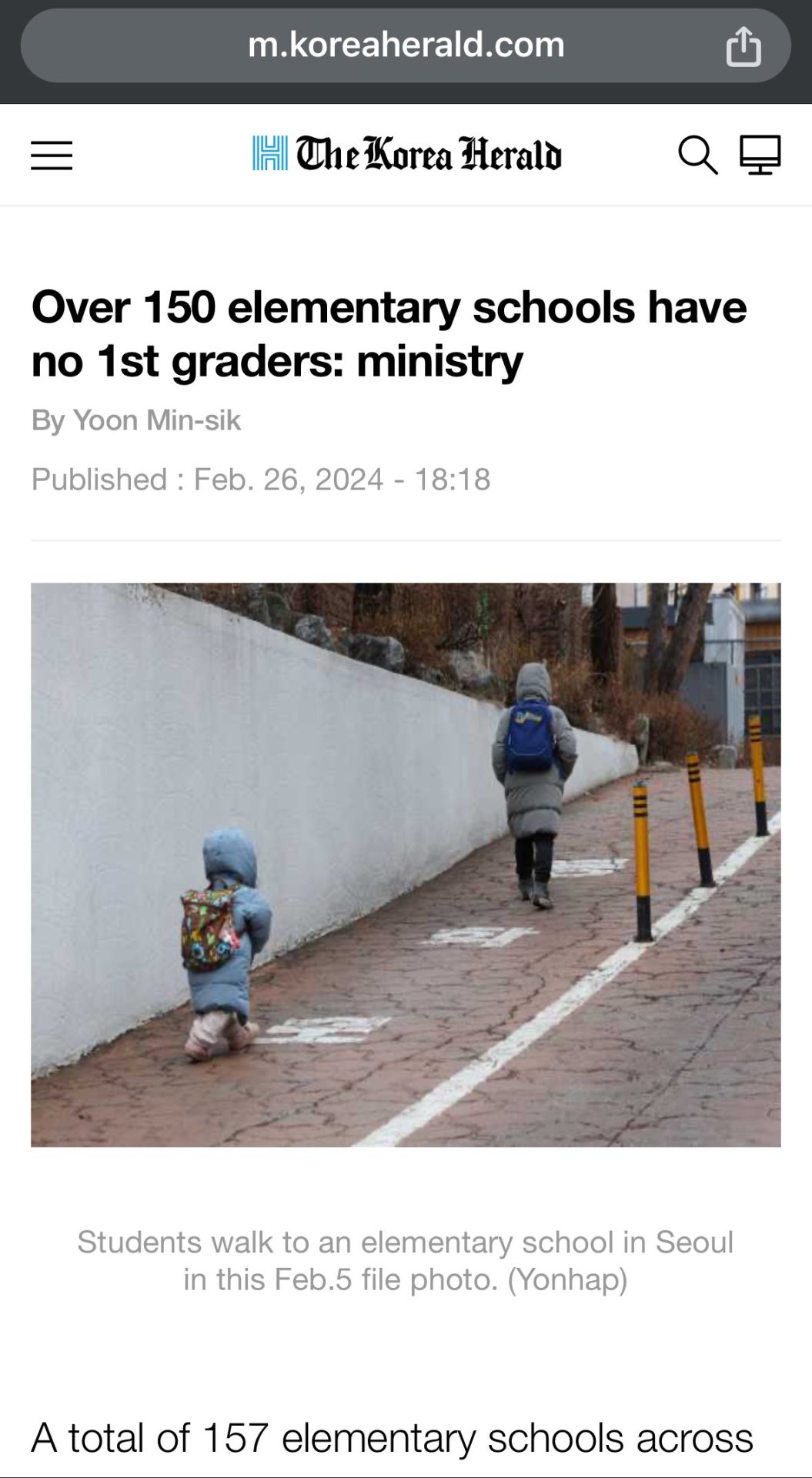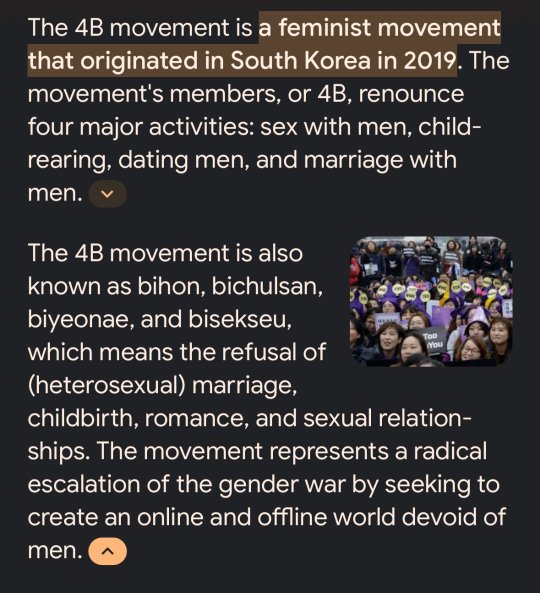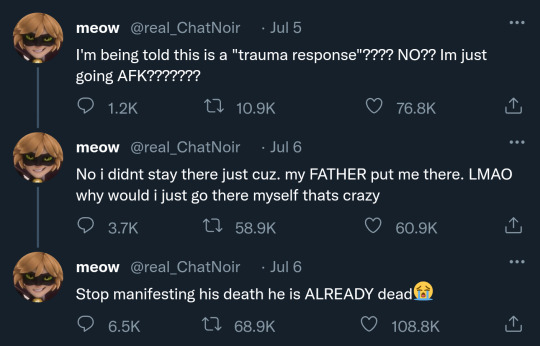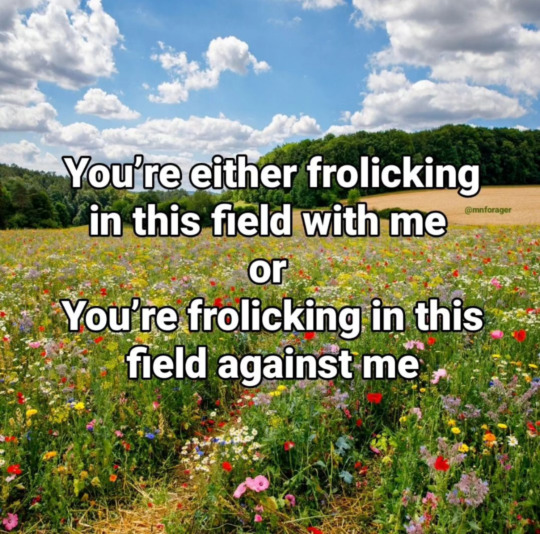Text
idk who needs to hear this but when your english teacher asks you to explain why an author chose to use a specific metaphor or literary device, it’s not because you won’t be able to function in real-world society without the essential knowledge of gatsby’s green light or whatever, it’s because that process develops your abilities to parse a text for meaning and fill in gaps in information by yourself, and if you’re wondering what happens when you DON’T develop an adult level of reading comprehension, look no further than the dizzying array of examples right here on tumblr dot com
198K notes
·
View notes
Text
Thinking of the larger context of LOTR and like, the fellowship swapping old war stories and shit and Sam just says “Yeah I killed a huge spider…Shelob, I think?”
And Gandalf just blinks and is like, “You what now?”
“Yeah, killed it. Had to save Frodo”
Gandalf elects not to tell Sam that he killed the spawn of a primordial demon.
24K notes
·
View notes
Text
A Vulcan named Stork works at the Terran adoption agency. Parents always request that he be the one to deliver their child to them.
89K notes
·
View notes
Text

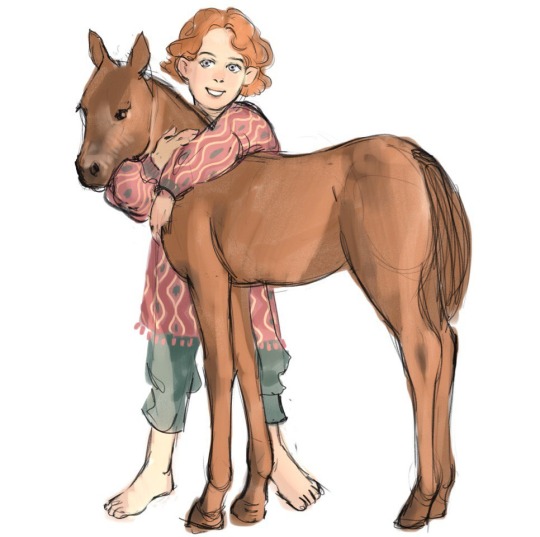
Maglor | Maitimo and the little horse. I always wanted to draw Maglor with short hair, now I need to draw him bald, I think it will be cool))
404 notes
·
View notes
Note
might be bit of a stupid question, and you may have even discussed it before. if so, sorry for asking again.
but: do you think aang forgives ozai, or does he just show mercy? aang seems to have a clear stance on the importance of forgiveness, however, the final moments of his battle with ozai are visually paralleled with katara's attack on her mother's killer - and katara is clear on the fact the she has not (and will not) forgive him. she just shows him mercy, i suppose.
do you think this sentiment is paralleled in these two scenes? do you think aang manages to actually forgive ozai, or is he just showing mercy in order to protect the values of his culture?
to be perfectly honest, the thought of whether or not aang’s decision to spare ozai is one of forgiveness never actually crossed my mind. you’re right that the issue of mercy is tied to forgiveness in “the southern raiders,” but i always read that issue of forgiveness as far less straightforward than a question of whether or not katara will forgive yon rha, and more so whether katara can forgive herself (and by extension zuko). as aang says, “revenge is a two headed rat viper,” and the reason he’s advocating that katara find room for forgiveness within herself is not because he gives a shit whether the man who murdered her mother will die or not (he doesn’t care if others kill as long as he doesn’t have blood on his hands, as evidenced by his relationship to sokka and toph), but whether katara will be able to live with herself after the fact. and he knows her, so he knows that she won’t.
by sparing yon rha, katara forgives herself for her own guilt in having to carry the burden of knowing her mother sacrificed herself to save her, lets herself rest and simply be a human person instead of dedicating herself to the pursuit of vengeance, to revenge kya’s foul and most unnatural murder. because of course katara has that instinct, and of course katara feels her mother’s death more personally than sokka does, and of course she feels a responsibility to right the wrongs that she (however inadvertently) caused in whatever way she possibly can.
she finally has the skillset and the intel that allows her to carry out her revenge, but in that final moment before she strikes the final blow, she hesitates and drops her weapon, her artform that she has dedicated herself to honing in a way no one alive has ever needed to (with the exception of hama, and even then). it’s a uniquely powerful moment in a show filled with powerful moments (many of them involving katara) because she is choosing herself over yon rha, over zuko, over the memory of her mother.
she lets the illusion that she is the hero of an adventure tale wherein good triumphs over evil fade away and she embraces her own humanity though acknowledging the humanity of her enemies. yon rha isn’t a uniquely evil cackling villain (unlike someone like zhao or ozai), he’s a person, an awful person, but nonetheless a human being. a soldier who acted as the arm of a vast and complex, terrifying machine. and by looking into his face once more, the face that haunted her nightmares, katara is able to see herself reflected in the face of the other, and finally fully realizes a tapestry of the world that can not be so neatly woven.
that is what it means to forgive. when she forgives zuko, it is not because zuko has done anything to earn her forgiveness: unlike with “the boiling rock,” where he genuinely risks his life to selflessly help sokka at his lowest point, he is the instigator of katara’s entire journey, and even though he is attempting to do her a favor because he understands her intrinsic desire for revenge born of guilt and rage and shame, it is not a selfless act (that comes later). but through forgiving herself, allowing herself to relax her rigid worldview of right and wrong, good and evil, she recognizes that even if zuko did do genuinely reprehensible, awful things, it isn’t in her best interest to hold onto that anger, and by allowing herself to feel less personal responsibility and shame over her misplaced trust in zuko leading to aang’s death, she is able to forgive zuko, but only because she had already forgiven herself.
when aang shows ozai mercy, however, the issue of forgiveness isn’t even really the right term for it. he’s not forgiving ozai nor himself, here, but rather powerfully asserting that mercy is not a weakness, but a deliberate choice, and one that is born of incredible strength of character, at that. he’s forgiving his people for “not fighting back,” he’s forgiving his culture for adhering to these pacifist values, and yes, he’s forgiving himself for not being the avatar that everyone expects him to be. he’s prioritizing his people and his humanity and his grief over what the entire human world wanted from him.
and crucially, before the lion turtle showed him his truest path, aang was going to kill ozai. he was resigned to this being his destiny. unlike katara, who fully planned on killing yon rha and only decided to spare him once she saw his face, aang didn’t want to kill ozai from the very beginning, and had to be forced into killing him, rather than being talked down. sokka tells katara not to kill yon rha as gently as he possibly can (and nonetheless immediately gets shut down for it), but then he almost bullies aang for not wanting to kill. sokka considers killing a tool that should be exercised with logical intent, katara considers killing an act that makes a statement, and aang considers killing a taboo that should never be violated. of course, aang’s stance on killing is a very culturally-specific one, which yangchen also adheres to as best she can, but also understands its limits when in the position of avatar. but aang cannot afford to simply be the avatar, because he must bear the burden of his entire people’s legacy.
so at no point does forgiveness for ozai come into play, because aang has no reason to consider forgiving ozai. his decision to take down the firelord is a tactical one, rather than born purely out of a desire for revenge. but he does mirror katara’s decision to spare yon rha in sparing ozai’s life simply because, in both cases, they prioritize themselves and the preservation of their own humanity over submitting to the logic of the men who have destroyed their lives.
132 notes
·
View notes
Text
i hate that "that that" is grammatically correct. why is english the joke language
14K notes
·
View notes
Text
miss swift you are not a tortured poet you are a billionaire
15K notes
·
View notes
Text
gonna buy this god-forsaken web site and charge all y'all $8 a month to edit reblogs.
7K notes
·
View notes
Text
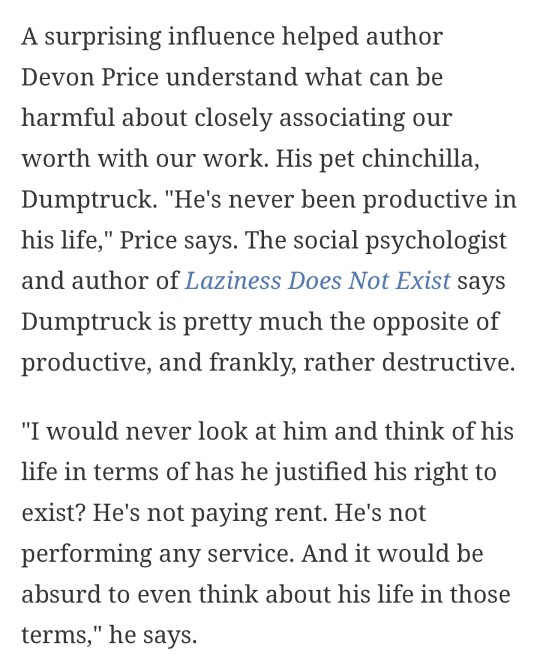

"I think animals help us remember that we shouldn't have to earn our right to exist. We're fine and beautiful and completely lovable when we're just sitting on the couch just breathing. And if we can feel that way about animals that we love and about, you know, relatives that we love, people in our lives who we never judged by their productive capacity, then we can start thinking of ourselves that way, too."
7K notes
·
View notes
Text
the fundamental tension between wanting to dissociate modes of dress from gender and people wanting to use modes of dress to signify their gender so they don't have to play the Pronoun Game
42K notes
·
View notes

